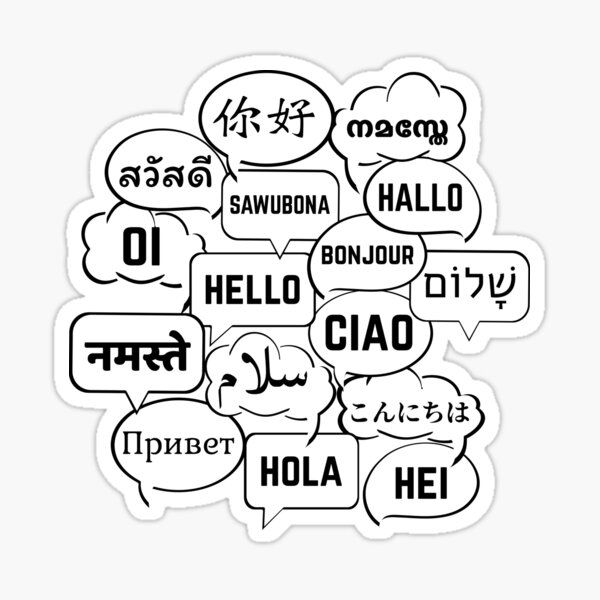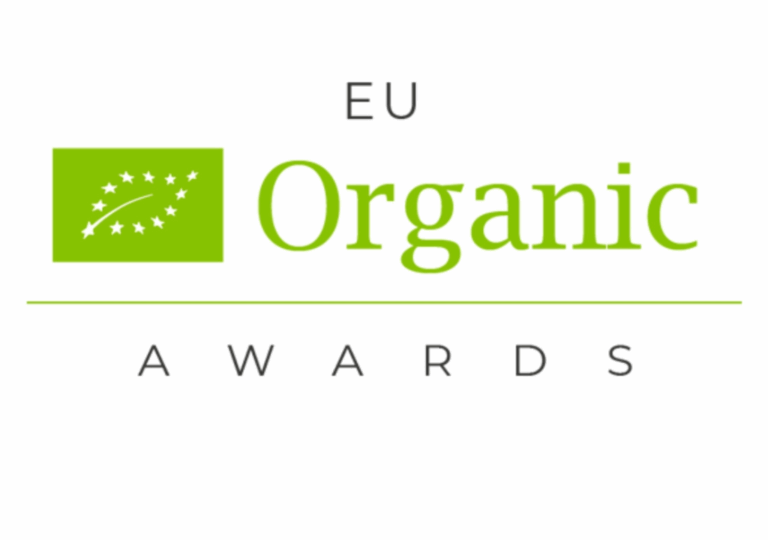Top 3 Export Standards for Beverages in 2026 That Will Define Global Success

As global regulations become increasingly strict, meeting the right export standards is no longer optional—it’s essential. In the competitive beverage export market, three golden export standards are setting the benchmark for 2026: preservative-free formulations, multilingual labeling, and the prestigious EU Organic certification. These standards not only help products pass technical barriers in high-demand markets like Europe, Japan, and South Korea, but also unlock access to premium distribution channels and enhance consumer trust on a global scale.
Preservative-Free – A Clean-Label Export Standard in High Demand
According to Innova Market Insights, over 64% of global consumers believe that "preservative-free" is a sign of a healthy product. For beverage exporters, this export standard translates into adopting pasteurization, UHT sterilization, and natural preservation using fruit acids and vitamin C.
In countries like Germany, the Netherlands, and Singapore, 100% juice products with no preservatives are now in high demand and often prioritized by importers and retailers following clean-label export standards.

Multilingual Labeling – A Critical Export Standard for Global Market Access
Using only English on labels is no longer enough in today’s regulated export environment. Countries such as France, Japan, Saudi Arabia, and South Korea require product labels to include local language content—not only for legal authorization but also for clear consumer understanding.

For example, in France, the Code de la Consommation mandates that all mandatory product information (ingredients, allergens, expiration date, usage instructions) must be in French, regardless of the product’s origin. Similarly, in Saudi Arabia, the Saudi Food and Drug Authority (SFDA) enforces a strict requirement for Arabic labeling, especially for food and beverage imports. Non-compliant products are routinely denied entry or removed from shelves.
According to GS1 Global, over 70% of consumers in non-English-speaking countries prefer or require labels in their native language before making a purchase decision. This makes multilingual labeling not just a regulatory export standard, but a powerful marketing and trust-building tool.
EU Organic Certification – The Premium Export Standard for High-End Markets
The EU Organic certification remains one of the most respected and stringent export standards in the world. To meet this standard, beverage products must:
- Use raw materials grown under certified organic conditions (no GMOs, no chemicals)
- Follow clean and tightly monitored production processes
- Maintain Organic-compliant packaging, warehousing, and logistics
According to Ecovia Intelligence, the organic food and beverage market in Europe surpassed €52 billion/year, with Germany, France, and Italy as top consumers. Achieving this export standard opens doors to premium organic retail chains like Alnatura, Bio c’Bon, and Whole Foods.

Opportunities and Challenges for Vietnamese Beverage Exporters
For Vietnamese beverage exporters, aligning with advanced export standards brings both challenges and opportunities. These standards require investment in technology, quality management, and international certification. However, Vietnam’s abundant raw materials, skilled workforce, and agile manufacturing capabilities create favorable conditions for growth.
With strategic investment, Vietnamese brands can elevate their global competitiveness, meet rising export standard expectations, and become trusted OEM/Private Label partners in international markets.
Nam Viet Group – A Pioneer in Adopting Export Standards for Global Beverage Success
Nam Viet Group, one of Vietnam’s top beverage exporters, has taken the lead in implementing strict export standards. The company has successfully eliminated preservatives in key product lines such as coconut water, aloe vera drinks, and 100% fruit juice.
Additional achievements include:
- Designing multilingual packaging to comply with country-specific export standards
- Holding multiple international certifications: HALAL, HACCP, GMP, and actively pursuing EU Organic for its newest juice range
- Providing full-service OEM/Private Label solutions tailored to meet various export standard requirements
Nam Viet’s commitment to aligning with global export standards proves that Vietnamese beverage companies can lead with quality, innovation, and compliance on the international stage. See more products that meet Nam Viet's export quality standards HERE.
